All Stories
-
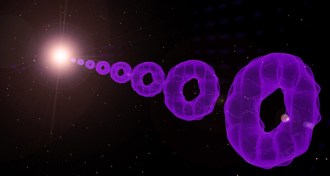 Physics
PhysicsA DIY take on the early universe may reveal cosmic secrets
A conglomerate of ultracold atoms reproduces some of the physics of the early universe.
-
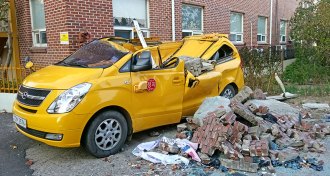 Earth
EarthPumping water underground for power may have triggered South Korean quake
A 2017 South Korean earthquake may have been caused by human activities, two new studies suggest.
-
 Tech
TechWebsite privacy policies don’t say much about how they share your data
Privacy policies don’t reveal the half of how websites share user data.
-
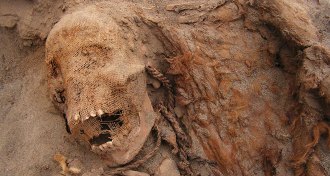 Anthropology
AnthropologyAnthropologists in Peru have unearthed the largest known child sacrifice
The largest known mass sacrifice of children occurred around 550 years ago in the Chimú empire in Peru.
By Bruce Bower -
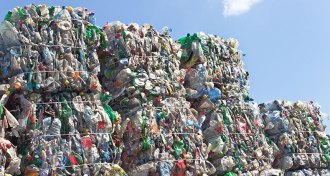 Environment
EnvironmentThis plastic can be recycled over and over and over again
A new kind of polymer is fully recyclable: It breaks down into the exact same molecules that it came from.
-
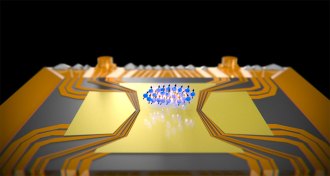 Quantum Physics
Quantum PhysicsSplit atom clouds get entangled in quantum tests
Scientists create quantum links between clouds consisting of thousands of atoms.
-
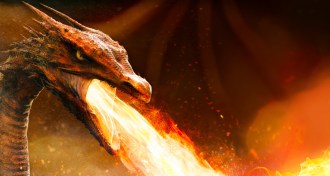 Chemistry
ChemistryWant to build a dragon? Science is here for you
Fire-breathing dragons can’t live anywhere outside of a book or TV. But nature provides some guidance as to how they might get their flames. If they existed, anyway.
-
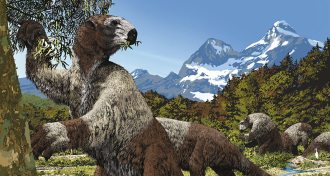 Archaeology
ArchaeologyFootprints prove humans hunted giant sloths during the Ice Age
Footprints of humans and giant sloths show a dramatic chase sequence from more than 10,000 years ago.
By Dan Garisto -
 Astronomy
AstronomyThe latest star map from the Gaia spacecraft plots 1.7 billion stars
The Gaia spacecraft’s latest data release brings the number of stars with precisely measured motions up from 2 million to more than 1.3 billion.
-
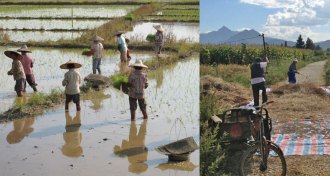 Psychology
PsychologyIn China, coffee shop habits show cultural differences tied to farming
Farming histories have shaped behavior in northern and southern China.
By Bruce Bower -
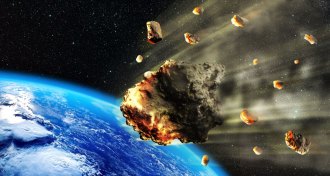 Planetary Science
Planetary ScienceAsteroids could have delivered water to the early Earth
Shooting mineral pellets at a simulated planet suggests an impact wouldn’t have boiled all of an asteroid’s water away.
-
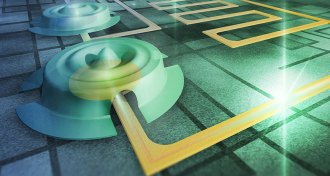 Quantum Physics
Quantum PhysicsSpooky quantum entanglement goes big in new experiments
Scientists entangled the motions of two jiggling devices that are visible with a magnifying glass or even the naked eye — if you have keen vision.